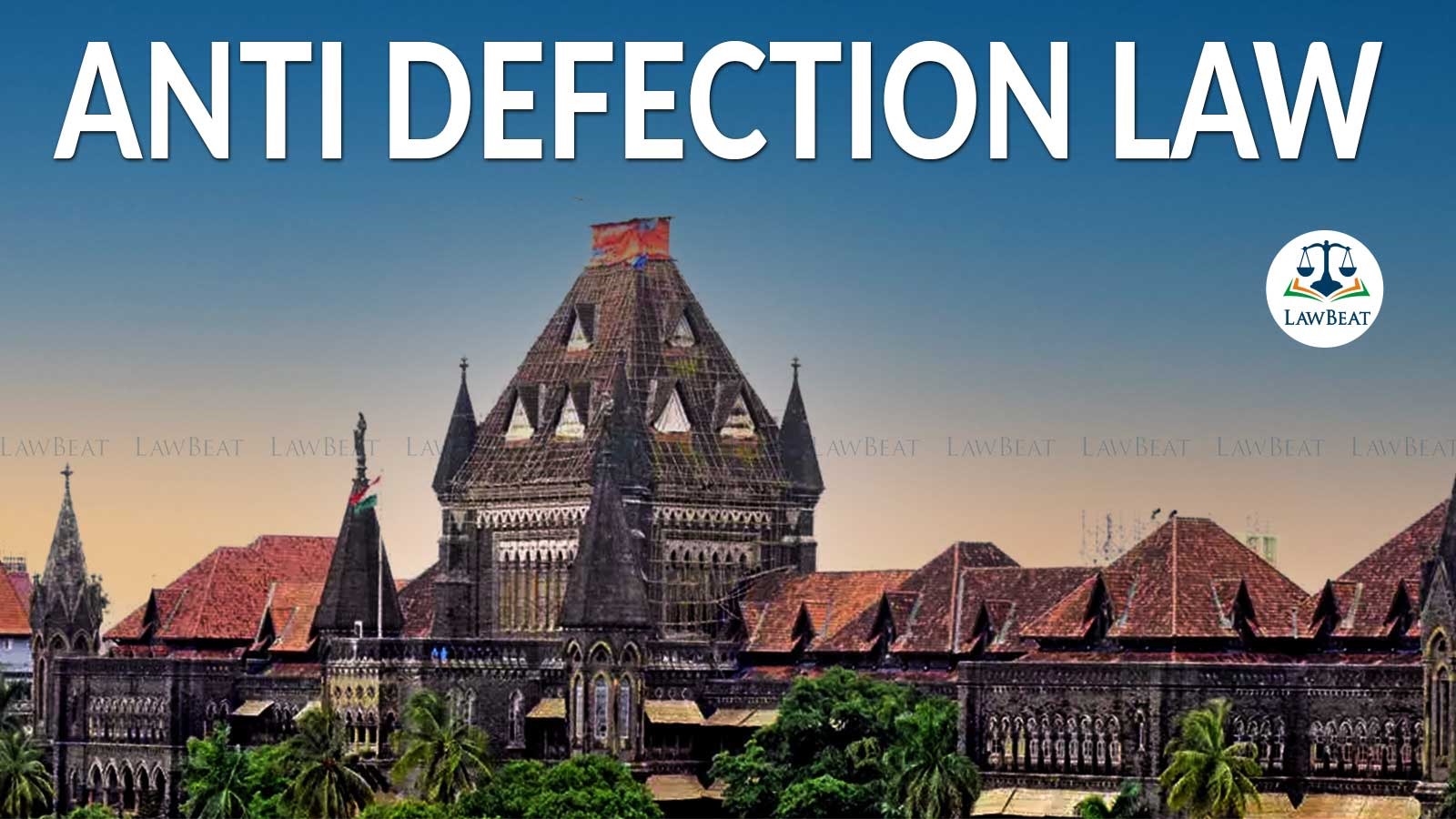Anti-Defection: Bombay High Court Issues Notice To Attorney General In PIL Challenging Protection To Legislators For Merger Of Political Parties

Advocate Ahmed Abdi, appearing for the petitioner, today argued that legislators change political parties due to fear of agencies and voters are not considered during such changes
The Bombay High Court on Wednesday issued notice to the Attorney General of India in the Public Interest Litigation challenging paragraph 4 of the 10th Schedule of the Indian Constitution that grants protection to the legislators in case of the merger of political parties.
The division bench of the high court comprising Chief Justice Devendra Upadhyaya and Justice Arif Doctor granted 6 weeks of time to the Union Government to file its reply to the PIL.
Meenakshi Menon, the founder of NGO Vanshakti, has filed a Public Interest Litigation (PIL) seeking directions from the court to prevent lawmakers who have defected from holding any constitutional posts or participating in legislative proceedings until their defection case is resolved.
Advocate Ahmed Abdi, appearing for the petitioner, today argued that legislators change political parties due to fear of agencies and voters are not considered during such changes.
"People of India have come to you because vote is taken on ideology and later sides are changed. We vote and tomorrow they change not for public interest but for money and due to fear of agencies. There is no mood to change. It's happening day and night. They are going for money, fear of agency and voters are not considered who are sovereign of the country," said Abdi.
The petition states that voters have become mere spectators with a sense of disillusionment with the system when legislators merge with other political parties.
“The money changing hands have immensely increased and it has led to more political instability. It is pathetic to see that the legislatures are being traded like stock of share market which reduces the democracy without democratic value and culture to a hypocrisy. Poor voters have no say. They are mere silent spectator with a sense disillusionment with system. How under the law legislators can be allowed to do collectively which they are not allowed to individually? This goes against the legislative intent behind anti-defection,” the plea states.
Moreover, the PIL highlights that there is no specified time frame for resolving disqualification proceedings against legislators.
This absence has led to the Speaker's role becoming increasingly political, resulting in either immediate disqualification decisions or indefinite delays, depending on the former political affiliation of the Speaker's party.
Menon in the plea added that the defections in the form of split and merger under para 4 of the Tenth Schedule of the constitution are leading to further alienation of the general public to the process of elections itself wherein thousands of crores of taxpayer's money are spent without any accountability.
Case title: Meenakshi Menon vs UOI
